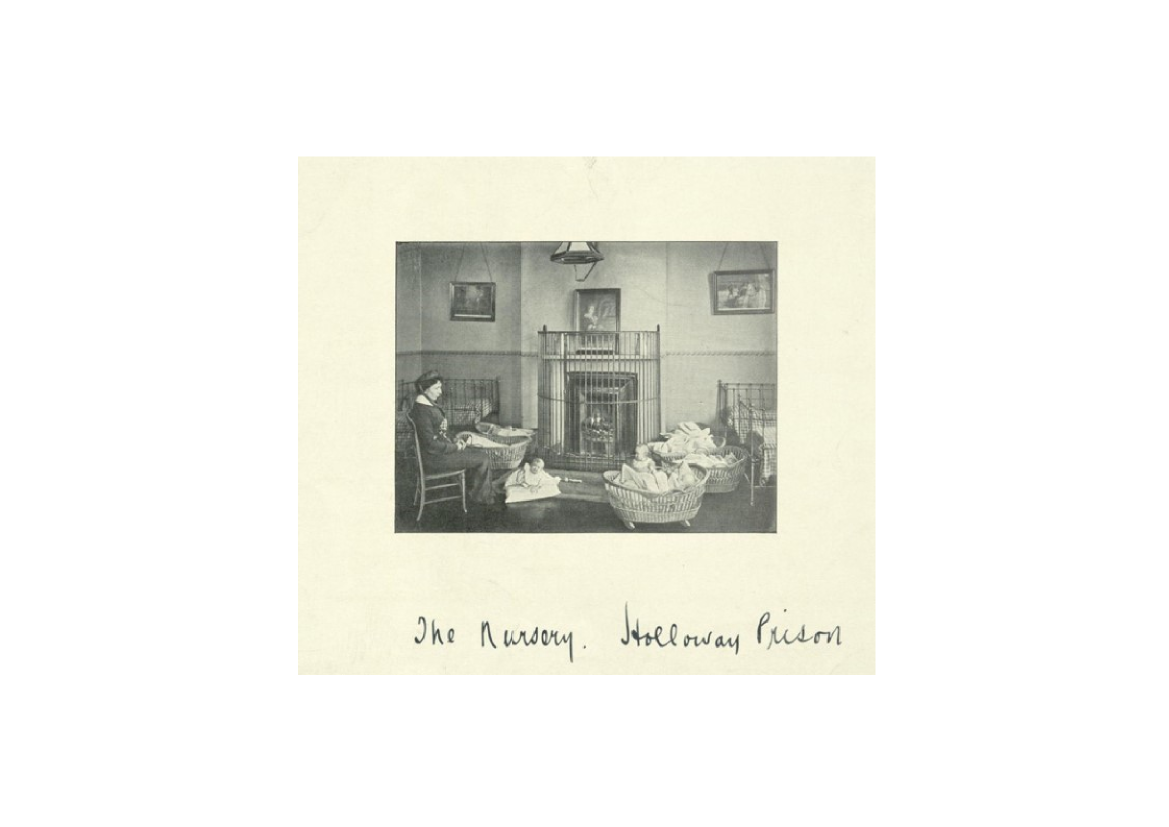Calendar
Tuesday, October 29, 2019
-Export as iCalendar |
WiP: Dr Kathryn Woods (Warwick) ‘Exclusion and the Voluntary Hospital in Eighteenth-Century London’Seminar room 2, Wolfson Research Exchange, 3rd floor, the Library, University of WarwickLunch will be provided. Please let the CHM Coordinator know if you will be attending. I will be presenting an overview of a chapter I am writing entitled 'Exclusion and the Voluntary Hospital in Eighteenth-Century London'. This chapter is to be included in an edited collection that I am editing with Dr Naomi Pullin, Negotiating Exclusion in the Early Modern England, 1550-1750 (Routledge, forthcoming 2020). The chapter focusses on the Westminster Infirmary: the world's first voluntary hospital. It explores how the activities of the hospital - from its foundation and institutional governance and administration, to staffing, practices of admittance and discharge, and daily ward activity – were shaped by eighteenth-century conceptions of who constituted societal ‘insiders’ and ‘outsiders’, and societal conditions of ‘normalcy’ and ‘abnormalcy’. It also considers how these categories were negotiated within and defined by the Westminster Infirmary.
To provide some context and give an indication of how exclusion is conceptualised and used as a category of analysis in this volume, I have attached a draft of the introduction that I have been writing with Naomi. I would welcome any comments on this. I also welcome the opportunity to field your ideas on my plan for the chapter in the session. |
-Export as iCalendar |
seminar: Dr Rachel Bennett (Warwick): 'A Heritage of Woe? Debating Prison Births in Twentieth-Century England'R0.14 Ramphal building, University of WarwickIn 1903 Arthur Griffiths, a prison administrator, stated that to be born in prison was an ‘inalienable heritage of woe.’ However, he captured the long-standing inconsistency surrounding this issue when he added that, despite the stigma, in many cases ‘the prison born are better off than the free born – they are more cared for, more delicately nurtured.’ The question of prison births perennially troubled prison authorities throughout the first half of the twentieth century. There were those who acknowledged the potential remedial effects for mothers and other women of having children in the prison and the opportunities a prison sentence offered for medical and social intervention. However, others lamented the risk of moral contagion and worried that to be born in prison carried with it a life-long stigma for children – deemed to be innocent in the eyes of the law.
|

